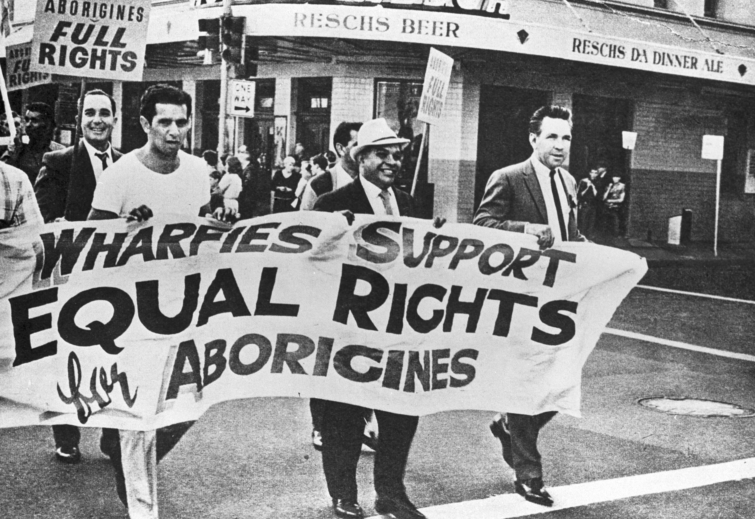National Reconciliation Week, held annually from 27 May to 3 June, is a time to strengthen relationships between Aboriginal and non-Aboriginal people and reflect on shared history. First launched in 1996 by the Council for Aboriginal Reconciliation, it continues to be celebrated as a time to promote understanding, foster dialogue, and encourage action toward achieving reconciliation.
The dates of National Reconciliation Week hold great significance, commemorating the 1967 referendum and the High Court Mabo decision, respectively. On 27 May 1967, 90.77 per cent of Australians voted ‘Yes’ to change the constitution, the highest ‘Yes’ vote ever recorded in a Federal Referendum. Amending the constitution meant removing discriminatory provisions regarding Aboriginal people and acknowledging them as equal citizens. This allowed the Commonwealth to make laws specifically for Aboriginal people and include them in the census.
The Mabo decision was a ruling by the High Court of Australia on 3 June 1992 that overturned the doctrine of terra nullius—the false idea that Australian land belonged to no one prior to European colonisation. This decision recognised the land rights of the Meriam people, traditional owners of the Murray Islands in the Torres Strait. The High Court Mabo decision introduced the principle of native title into the Australian legal system. Both the 1967 referendum and the High Court Mabo decision were landmark events, serving as powerful reminders of the progress made so far and the steps that still need to be taken.
National Reconciliation Week is a time to remember, listen to and amplify Aboriginal voices, learn from Aboriginal knowledge systems, and work toward closing the gap that continues to exist in areas such as health, housing, education and employment. Reconciliation involves truth-telling and practical action, acknowledging the impact of colonisation and systemic injustice. It is an ongoing journey that cannot be achieved through a single act, and it is everyone’s business to create lasting change through accountability and compassion. This year’s National Reconciliation Week theme, Bridging Now to Next, reflects the ongoing connection between past, present and future and invites all Australians to come together and step forward toward reconciliation.
Photo courtesy of the Noel Butlin Archives, Australian National University

